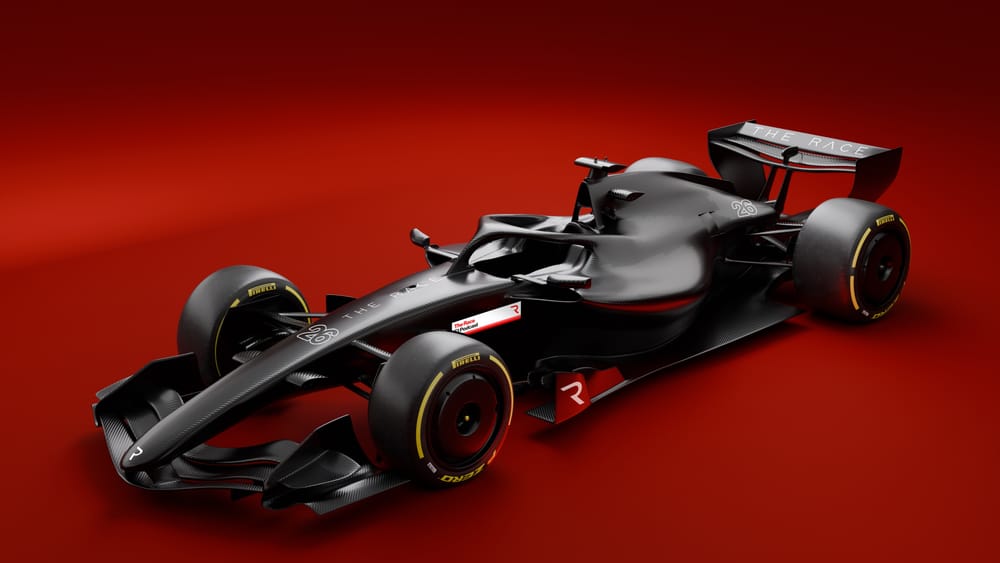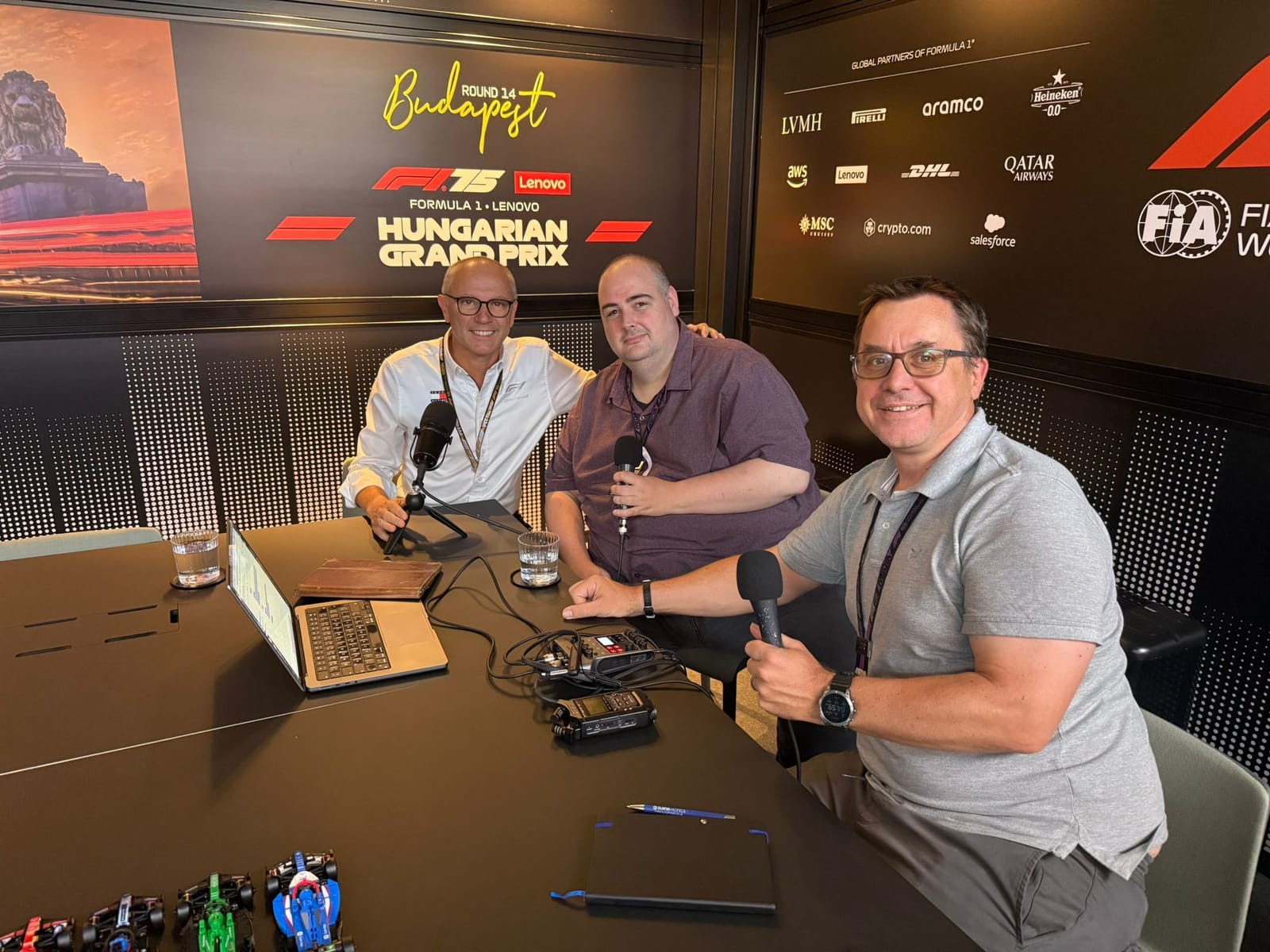Formula 1 CEO Stefano Domenicali sees grand prix racing's long-term future being based on a V8 hybrid power unit that runs on fully sustainable fuel.
Amid a growing consensus that F1 would be best served in years to come by shifting away from expensive and complicated turbo hybrid engines, there has been plenty of talk in recent months about what the future regulations should be.
Domenicali has long talked about considering a different direction longer term, and those views have been backed by FIA president Mohammed Ben Sulayem - who recently expressed his preference for V8s.
This comes after discussions he had earlier this year regarding a possible V10 path, which did not receive overwhelming support.
Speaking to The Race about the result of our YouTube community poll that revealed 86% of respondents were in favour of V8s or V10s with sustainable fuel, compared to just 7% who wanted F1 to stick with the current turbo hybrids, Domenicali said that is the route he too senses is best.
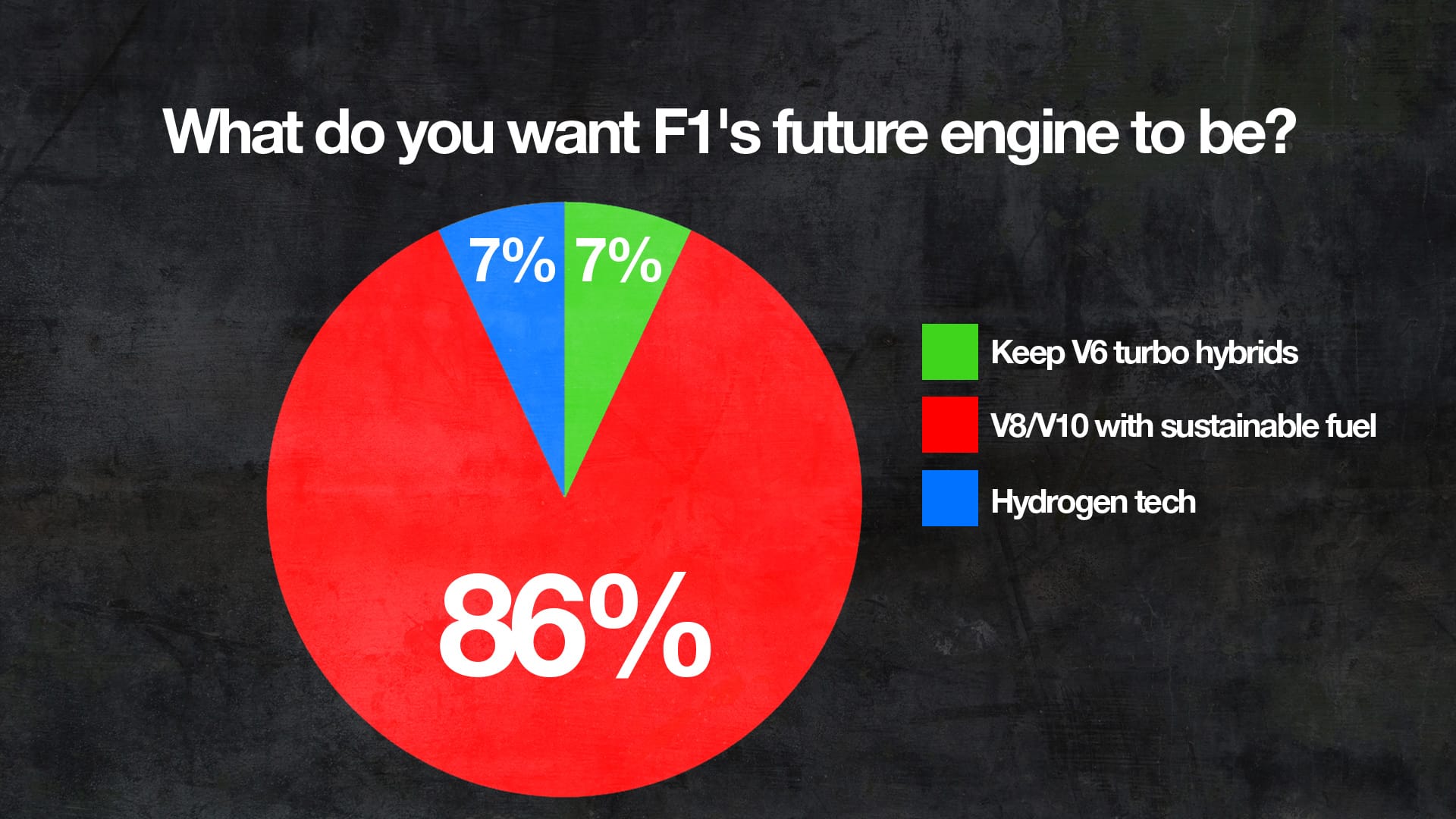
"That is a lot of support," he said during his appearance on a special episode of The Race F1 Podcast answering questions from The Race Members' Club.
"But I recall what I said two years ago on that: and you may recall that is written, and is recorded. That was exactly what I was saying.
"So I'm very happy to see that there is a good support on that. So of course, this will be together with the hybridisation, and this is very important.
"Sustainable fuel, [and a] V8, I think is great. And hybridisation is, I do believe, the next step of the future.
"But I don't want to take away the focus of next year's generation of regulation or power unit, because that will be wrong.
"So let's stay focused on what has to be developed in the next couple of years. And then I think that that's the future. I agree."
Standard parts
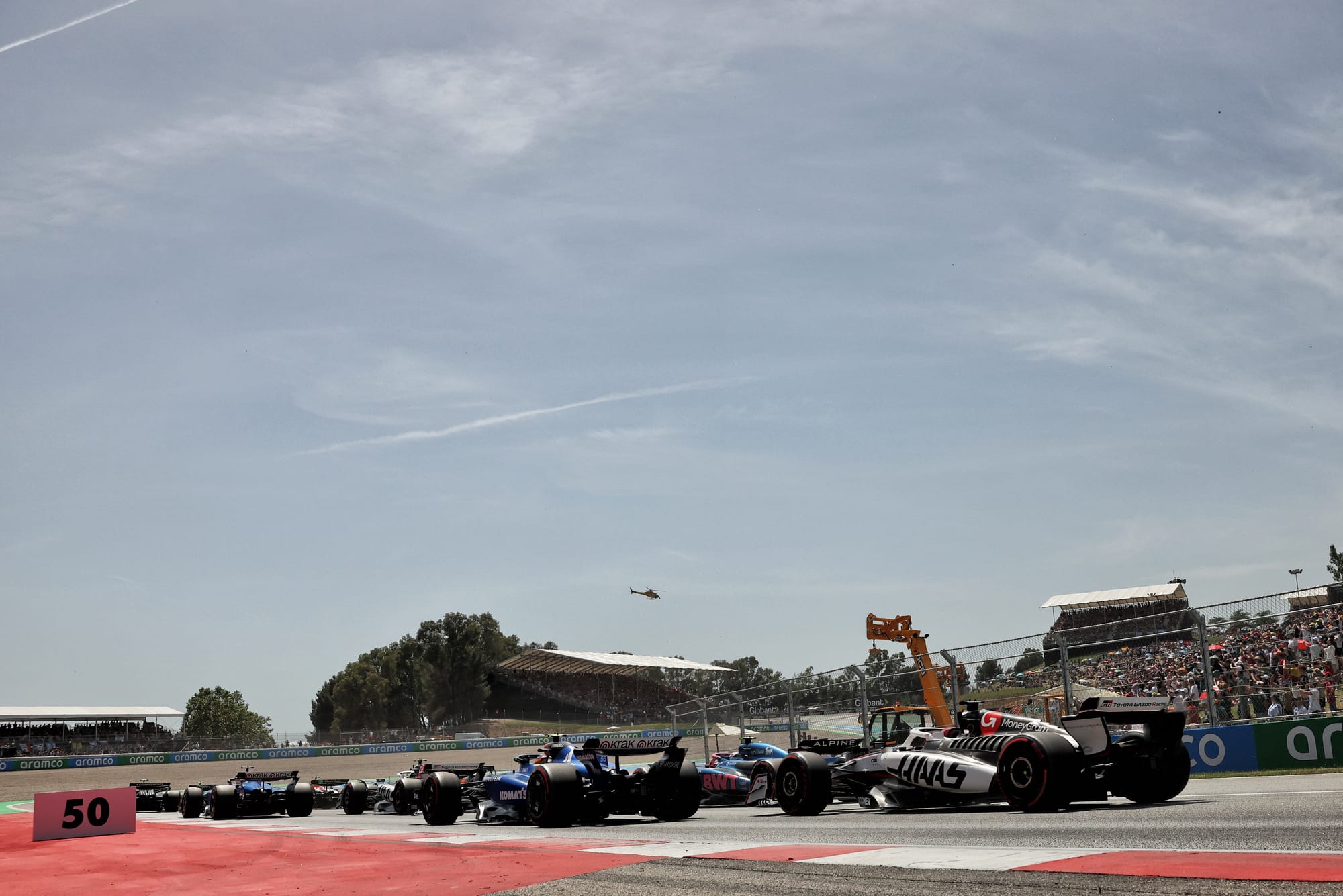
One added element that Ben Sulayem recently talked about to run alongside V8 engines was more standard components, such as gearboxes and fuels.
This is a concept that Domenicali is not against, even if some of the finer details - such as dealing with commercial arrangements that teams have - will need looking at in more detail.
"We know what is a gearbox," said Domenicali. "But the new generation consider that as a bracket or some mechanical component that they don't know what it is for.
"[The] gearbox, to be fair, is not any more relevant in terms of performance because, at the end of the day, the different gearboxes are in the range of a 0.001s delta. The only problem is reliability and the problem is cost. So would you agree to move in this direction?
"I would say, it is logical to think of components that are not so relevant for the technological aspect of F1, then the details can be discussed.
"You can say the same thing for batteries, but some manufacturers can see that as a performance differentiation.
"I think that the right thing to do is to try to have a holistic approach to understand what is relevant in terms of technology to apply to today and to the future. That should be the way to tackle all these elements in the future."
Too early for hydrogen
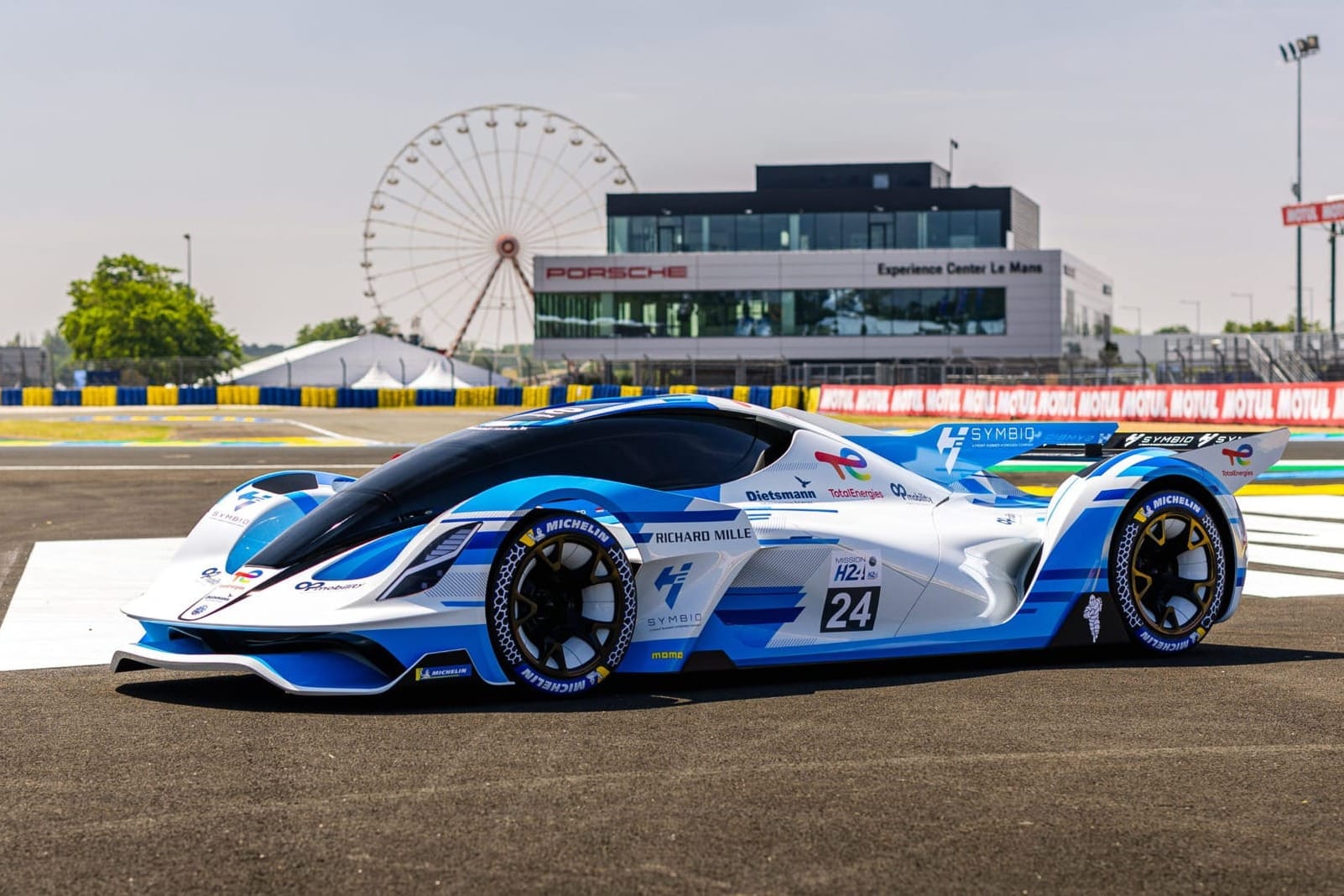
With F1 having long been at the cutting edge of technology, one possibility that has been talked about for the future is a move to hydrogen engines.
But while this would be a fascinating challenge for manufacturers, Domenicali said he does not believe it can happen in the short term.
Asked about the possibility of running hydrogen power, Domenicali said: "This could be [a possibility], but not in the next 10 years. It is too far away.
"There are also safety complexities with regards to racing. We don't have to forget that motorsport is motorsport, it is not mobility."
The FIA's Extreme H off-road series - born from the electric Extreme E series - is still yet to move beyond testing and begin its inaugural season, while it now looks like being the end of the decade at the earliest before hydrogen-powered cars race at the Le Mans 24 Hours, with the technology having been mooted for the World Endurance Championship (pictured above) for years now.
"Of course, hydrogen is a point of discussion, but there are too many elements," Domenicali continued.
"[It is] too premature to have a racing approach to that technology. It is too complicated and is not viable to take that risk today, because it is too early."


